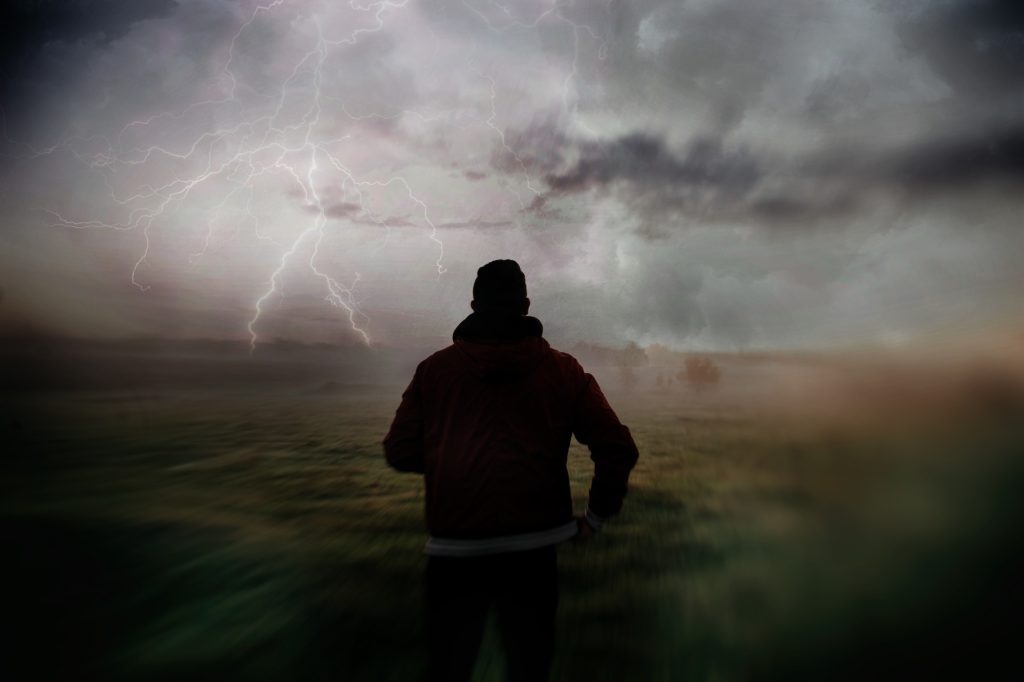Review: Helping Men Recover Program Ignores a Major Issue in Men’s Lives

Helping Men Recover is a program including two books to assist counselors and men who are in drug recovery. It was developed over some years and published in 2011 by Dr. Stephanie Covington, Dan Griffin, and Rick Dauer. I used this program, among several programs, while at my internship last year. This is a time-limited, evidenced-based program for closed groups. It’s meant to educate men about issues that they face and assist in building better relationships with others, especially in friends and romantic relationships.
One of the topics I noticed was that there was an emphasis on how men were told how to be men. At times, it seemed that the literature all but used the phrase “toxic masculinity.” It was about how their fathers or father figures taught them how to be aggressors, how society encouraged it, and a little bit about how they might have been abused. The focus was on how men are emotionally detached, devalue women, homophobic, and encouraged for violence. I found that this did not seem to resonate for a majority of the men in the program. The literature focused on these areas as default modes for men.
In essence, the information didn’t sit well with me either. I felt that I was almost sticking up for the men while facilitating a group with this program. The men were telling me stories about not growing up with their fathers but respecting their mom, respecting women, accepting the men in the group who were gay or who had gay experiences, and those who remained emotionally sensitive even though they were bullied all of their lives.
One of the major issues that was overlooked was the abusive relationships. If men were already assumed to be violent, there was more focused on anger management and basically fighting fair. But there was little or no focus on how their choice in partners might affect their relationship or that their partner might be violent. But the focus was mostly on heterosexual partners. I believe there was a sentence about leaving an abusive relationship and finding a shelter or calling for services. For this to work, there would have to be those services available. When I look into it for a client, the local place said that they didn’t have a domestic violence shelter for men but they could pay for two days at a local motel. A friend who works for a domestic violence agency often encounters coworkers who will automatically tell men that there are no services available for them even though the services are available. The friend told me that he waits for the men to call back and get through to someone who knows about the services available. There are many stories like this.
To make matters worse, there are only a few domestic violence shelters dedicated to men around the US. While the first was in the making, the man who was trying to get people to fully understand the need for this, he was criticized and bullied to the point where he felt that taking his own life was the best option. It’s only recently where the first domestic abuse shelter was finally established. Many other agencies are saying they provide for men, now, but it’s not anything near what women have. And it might be literature like this and assumptions that men are violent and aggressive to begin with that are holding back services from the men who need it.
When I talked to the authors about this issue, they said that as soon as they published the book, they started to emphasize how domestic violence services are needed for men. It sounds like they will be working on another edition of the book where the emphasis is on the needs of men, especially those in domestic violence situations.
Two of the issues that the workbook does focus on is communication and spirituality. Both are usually tough for most people and men in particular. The focus on these are important and I’m glad that there is some training in these areas. The program where I interned was mostly a starting point for most people. In getting people to start thinking of how to communicate clearly and feeling comfortable with sharing with people as well as what it means to have a connection to a spiritual belief can be great starting off points. I hope that the men continued to think about it and get some help in support groups, friends, or therapists if they need it.
Obviously, I have my concerns about the information that is conveyed in this workbook. I hope that the authors will update it soon and push for reform for services for people who need domestic violence services. The authors of Helping Men Recover educate men about communication and assist with reconnecting to spirituality, which is much needed for people who are addicted. With some updates, the program will be more rounded to the needs of men.
